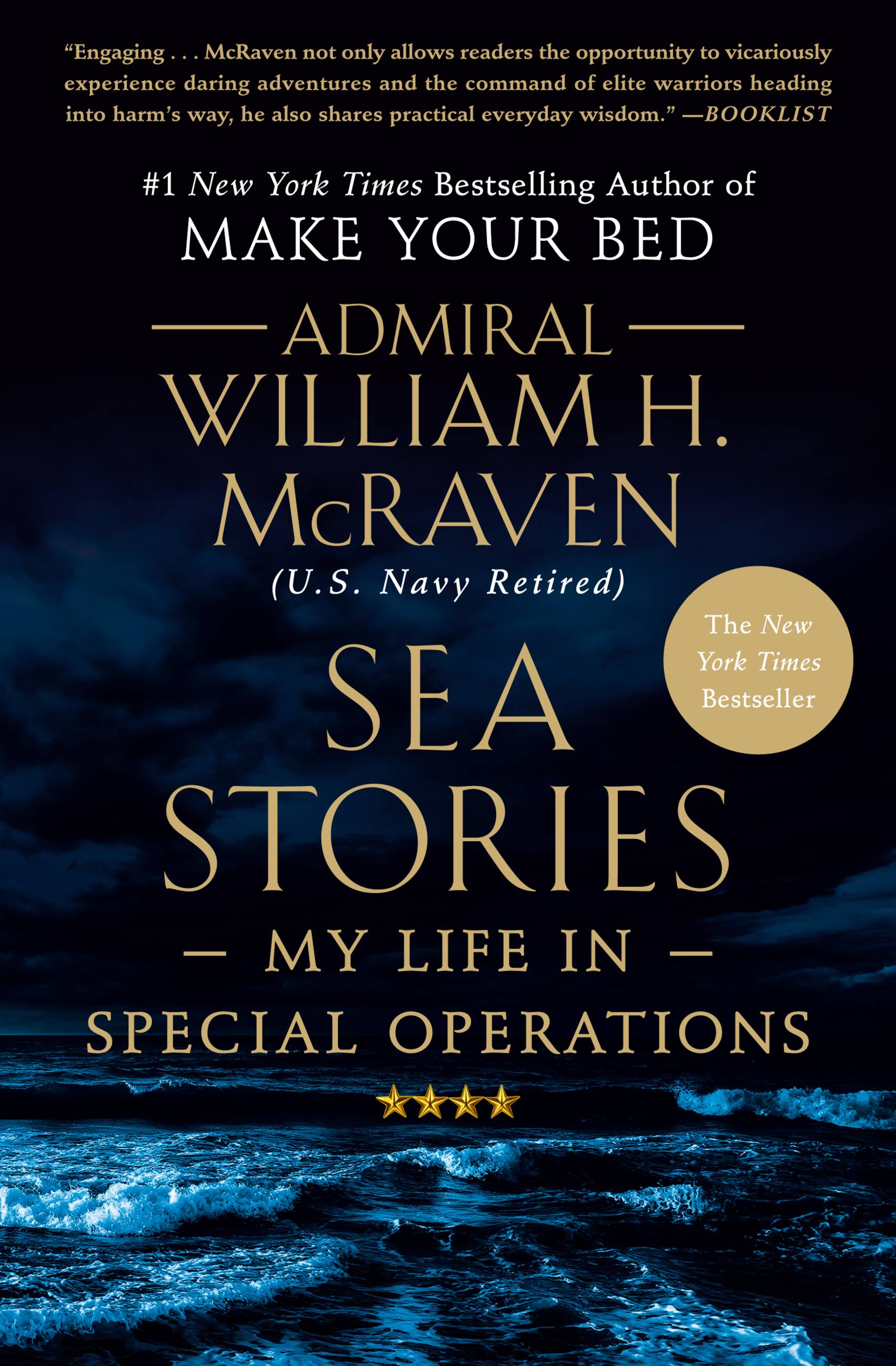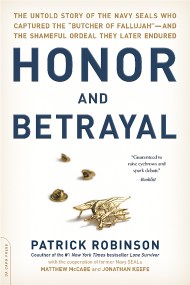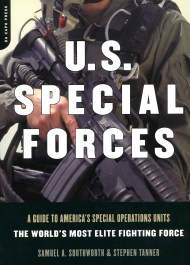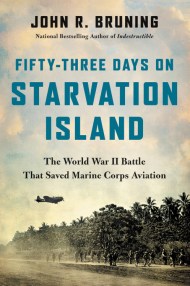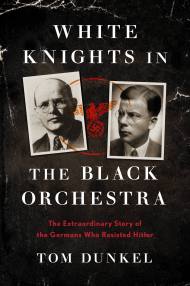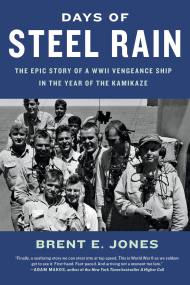By clicking “Accept,” you agree to the use of cookies and similar technologies on your device as set forth in our Cookie Policy and our Privacy Policy. Please note that certain cookies are essential for this website to function properly and do not require user consent to be deployed.
Sea Stories
My Life in Special Operations
Contributors
Formats and Prices
- On Sale
- May 21, 2019
- Page Count
- 352 pages
- Publisher
- Grand Central Publishing
- ISBN-13
- 9781538729724
Price
$12.99Price
$16.99 CADFormat
Format:
This item is a preorder. Your payment method will be charged immediately, and the product is expected to ship on or around May 21, 2019. This date is subject to change due to shipping delays beyond our control.
Buy from Other Retailers:
Following the success of his #1 New York Times bestseller Make Your Bed, which has sold over one million copies, Admiral William H. McRaven is back with amazing stories of bravery and heroism during his career as a Navy SEAL and commander of America’s Special Operations Forces.
Admiral William H. McRaven is a part of American military history, having been involved in some of the most famous missions in recent memory, including the capture of Saddam Hussein, the rescue of Captain Richard Phillips, and the raid to kill Osama bin Laden.
Sea Stories begins in 1963 at a French Officers’ Club in France, where Allied officers and their wives gathered to have drinks and tell stories about their adventures during World War II-the place where a young Bill McRaven learned the value of a good story. Sea Stories is an unforgettable look back on one man’s incredible life, from childhood days sneaking into high-security military sites to a day job of hunting terrorists and rescuing hostages.
Action-packed, humorous, and full of valuable life lessons like those exemplified in McRaven’s bestselling Make Your Bed, Sea Stories is a remarkable memoir from one of America’s most accomplished leaders.
Sea Stories begins in 1963 at a French Officers’ Club in France, where Allied officers and their wives gathered to have drinks and tell stories about their adventures during World War II-the place where a young Bill McRaven learned the value of a good story. Sea Stories is an unforgettable look back on one man’s incredible life, from childhood days sneaking into high-security military sites to a day job of hunting terrorists and rescuing hostages.
Action-packed, humorous, and full of valuable life lessons like those exemplified in McRaven’s bestselling Make Your Bed, Sea Stories is a remarkable memoir from one of America’s most accomplished leaders.
Genre:
-
"Fascinating...McRaven's war stories deliver remarkable insight into the life of a wartime leader."Publishers Weekly
-
"Engaging...Sea Stories is more than an autobiography, more than a narrative of recent military history, and more than the sum of one remarkable man's experiences. In his excellently flowing prose...McRaven not only allows readers the opportunity to vicariously experience daring adventures and the command of elite warriors heading into harm's way, he also shares practical everyday wisdom."Booklist (Starred Review)
-
"Sea Stories, a well-written book that reads like a thriller, covers some of the most important historical actions taken by Navy SEALs and other special operators."The Washington Times
-
"Readers interested in the essential work of military special forces will be inspired by McRaven's adventures."Kirkus
-
PRAISE FOR MAKE YOUR BED:Wall Street Journal
"Should be read by every leader in America... [MAKE YOUR BED] is a book to inspire your children and grandchildren to become everything that they can. It is a book to discuss with your executive leadership team as a spur to meeting shared goals. Most of all, it is a book that will leave you with tears in your eyes."
-
"Full of captivating personal anecdotes from inside the national security vault...McRaven's lessons, like his commencement speech, extend far beyond his bed-making. He devotes the 10-chapter book to lessons about moving beyond failure, standing up to bullies and giving others hope."Washington Post
-
"McRaven...has taken the genesis of what he learned during SEAL training and his nearly four decades in Navy Special Operations into a thin, powerful book."USA Today
-
"Exquisitely simple...superb, smart, and succinct."Forbes
-
"Spellbinding."Texas Monthly
Newsletter Signup
By clicking ‘Sign Up,’ I acknowledge that I have read and agree to Hachette Book Group’s Privacy Policy and Terms of Use

